News
13. May 2022, Topic: Risk Assessment
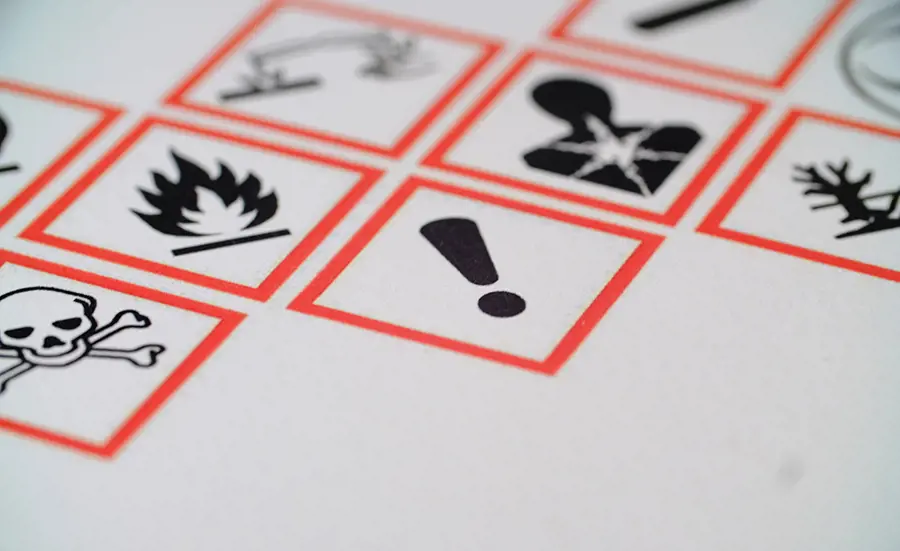
New large-scale project on the risk assessment of chemicals
Together with partners from Switzerland and the EU, the Ecotox Centre compares the prospective and retrospective risk assessment of pesticides and further develops assessment approaches and concepts. Further activities concern the assessment of substance mixtures and the monitoring of endocrine disruptors and perfluorinated chemicals in the environment.
Read more14. April 2022, Topic: Aquatic Ecotoxicology , Risk Assessment
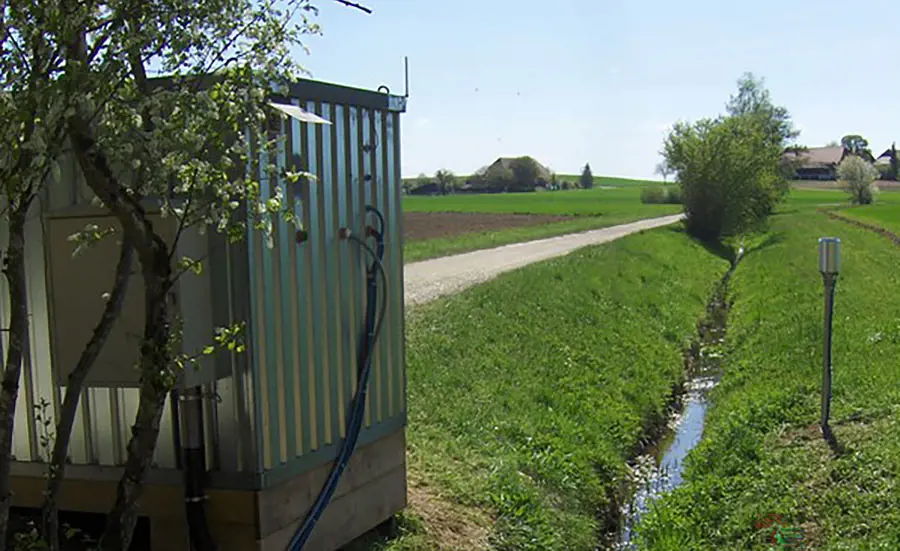
Elevated ecotoxicological risks through pyrethroid and organophosphate insecticides
Pyrethroid and organophosphate insecticides were detected in small streams at all 17 sampling sites that were investigated during the 2019 NAWA monitoring campaign. Although the measured concentrations were mostly low, they pose a significant risk to aquatic organisms.
Read more06. April 2022, Topic: Sediment Ecotoxicology , Aquatic Ecotoxicology
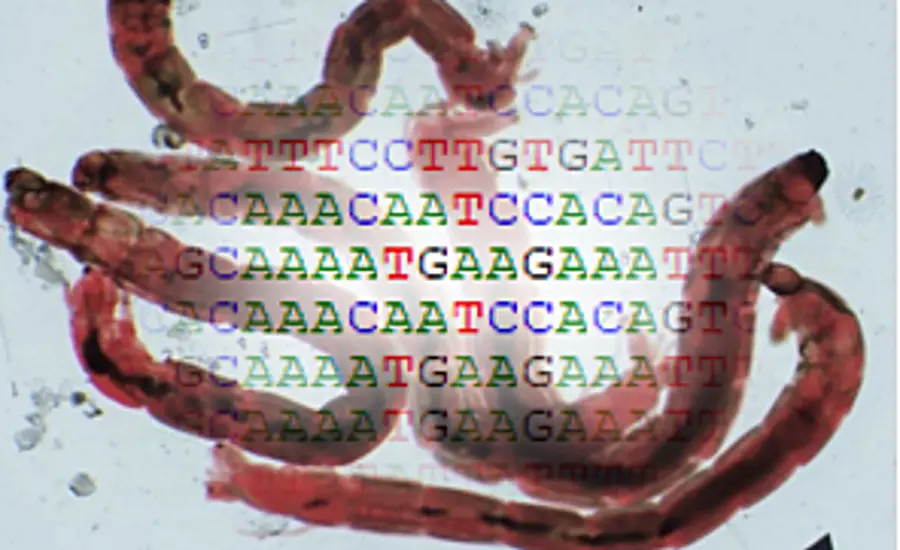
Biomarkers in chironomids for the detection of sediment quality
By measuring gene expression, effects can be detected that do not directly lead to death , but can trigger an effect-specific stress response and thus cause long-term damage to the organism.
Read more16. February 2022, Topic: Aquatic Ecotoxicology , Sediment Ecotoxicology , Risk Assessment
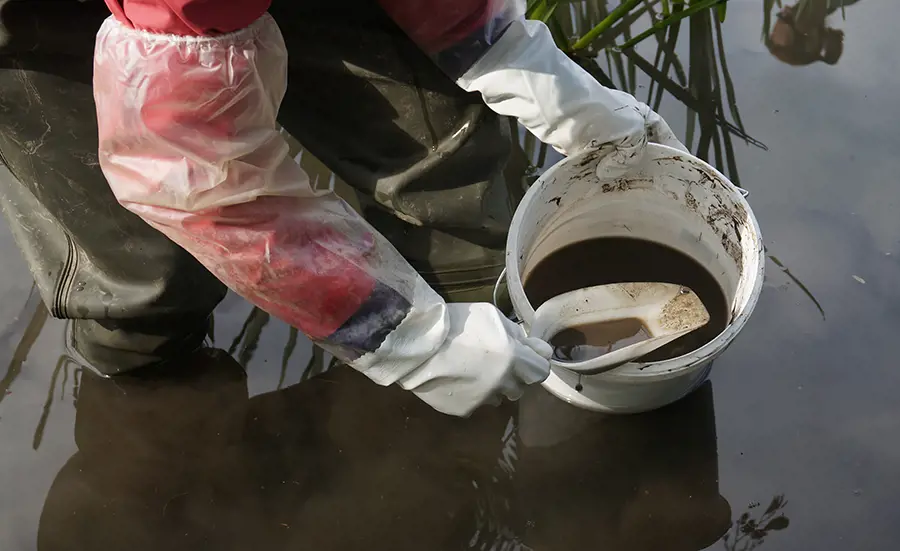
Video: Sampling and assessment of sediment quality
Sediments play an important role in surface water protection. Watch a video to see how a sediment sample is taken and processed.
Read more14. January 2022, Topic: Aquatic Ecotoxicology , Sediment Ecotoxicology , Risk Assessment

Ecotox Centre webinar with Dr. Jos Brils, January 18, 16:00 - 17:00
The Ecotox Centre would like to invite you to a webinar with Dr Jos Brils (Deltares, NL) on "Sediment management from a WFD perspective".
Read more17. December 2021, Topic: Aquatic Ecotoxicology , Sediment Ecotoxicology , Risk Assessment
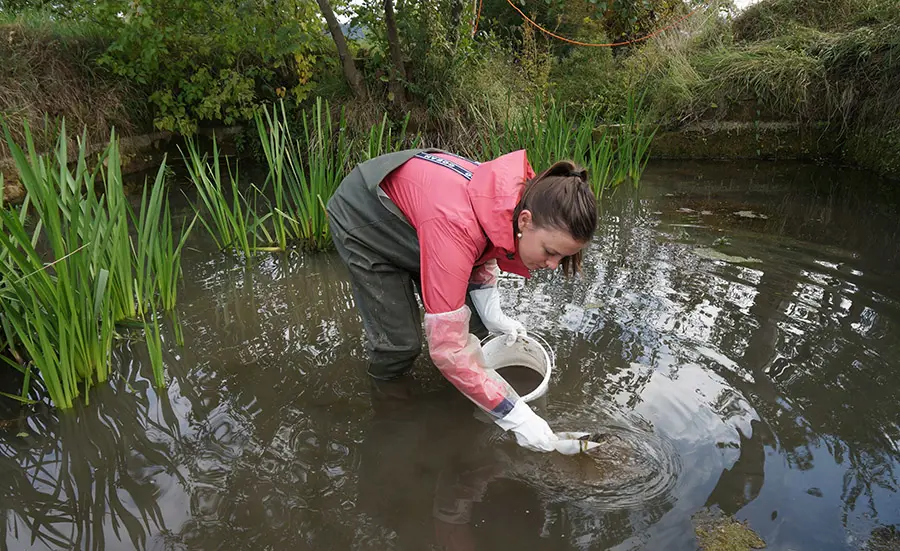
Expert report: Strategy for assessing sediment quality in Switzerland
Sediments play a crucial role for surface water quality. However, until now there has been no uniform method for the cantons to monitor sediment quality. On behalf of the Federal Office for the Environment, experts from the Ecotox Centre have drawn up a proposal on how sediments in Switzerland should be sampled, processed and assessed.
Read more23. November 2021, Topic: Aquatic Ecotoxicology , Soil Ecotoxicology , Sediment Ecotoxicology
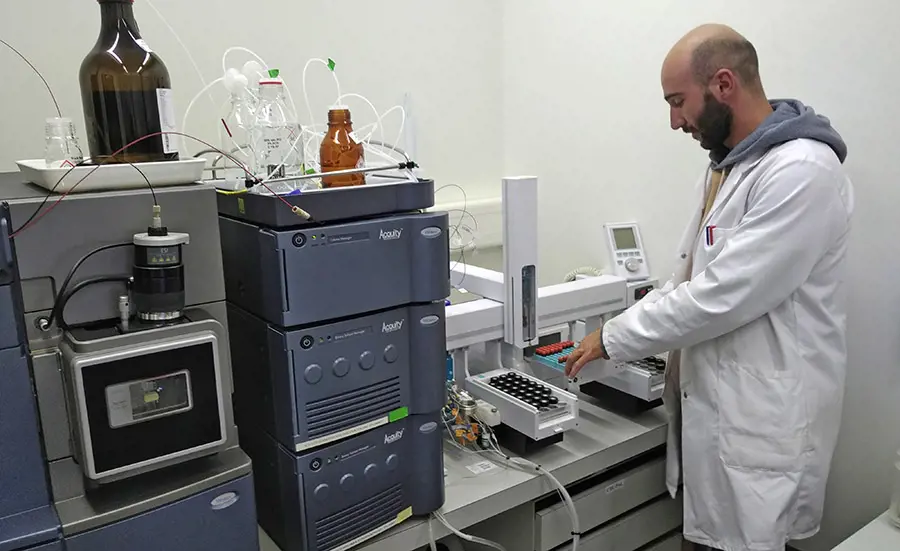
Tire wear as a source of pollutants
Although large quantities of tire wear are released into the environment, we still know little about the toxicity of those small particles. The particles contain not only rubber, but also numerous metals and organic substances. Researchers from the Ecotox Centre, EPFL and Eawag are currently investigating whether these substances are bioavailable and what toxic effects they may have.
Read more19. November 2021, Topic: Risk Assessment
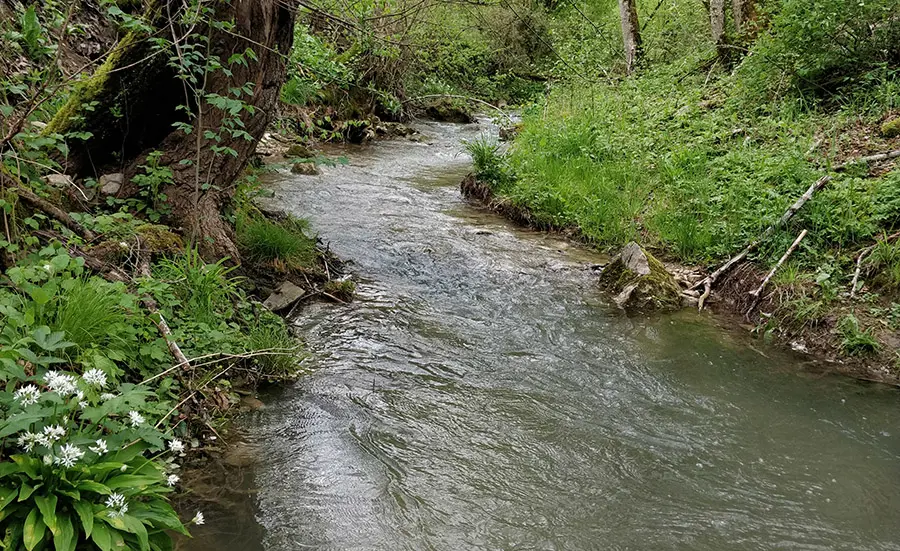
New proposals for quality standards
Quality standards are proposed for the first time for the pesticides fenpropimorph, fipronil and permethrin and the drug erythromycin.
Read more16. November 2021, Topic: Aquatic Ecotoxicology , Risk Assessment

Project on rodent poisons
Anticoagulants are highly toxic chemical substances that are used to control harmful rodents such as mice and rats. In a new project the Ecotox Centre aims to assess the environmental contamination with anticoagulants in Switzerland.
Read more11. November 2021, Topic: Soil Ecotoxicology , Risk Assessment
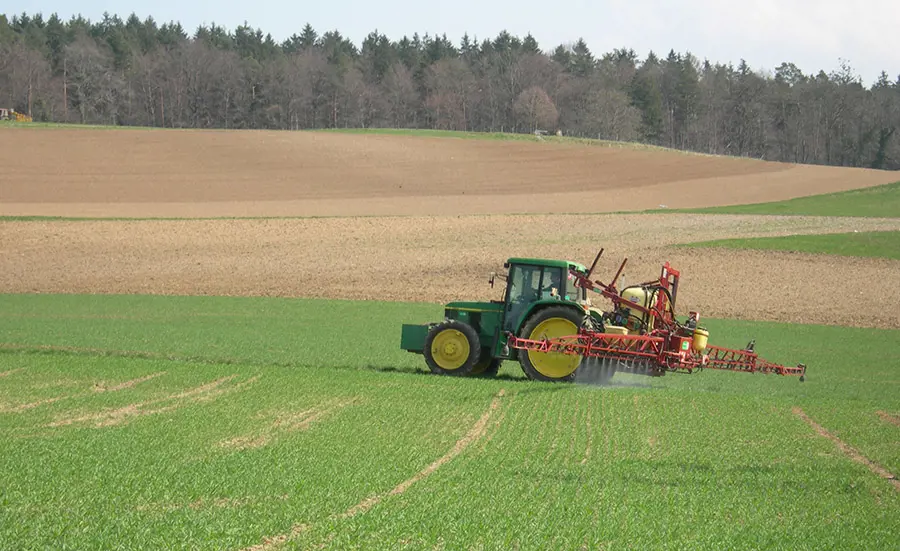
How to determine ecotoxicological reference values for soils?
The risks associated with plant protection products in Switzerland are to be reduced by half in the next decade. An important tool for this is the determination of effect-based screening values for plant protection products in soils. But which methods are available for this purpose? What points need to be taken into account? The Ecotox Center takes stock of the situation.
Read more